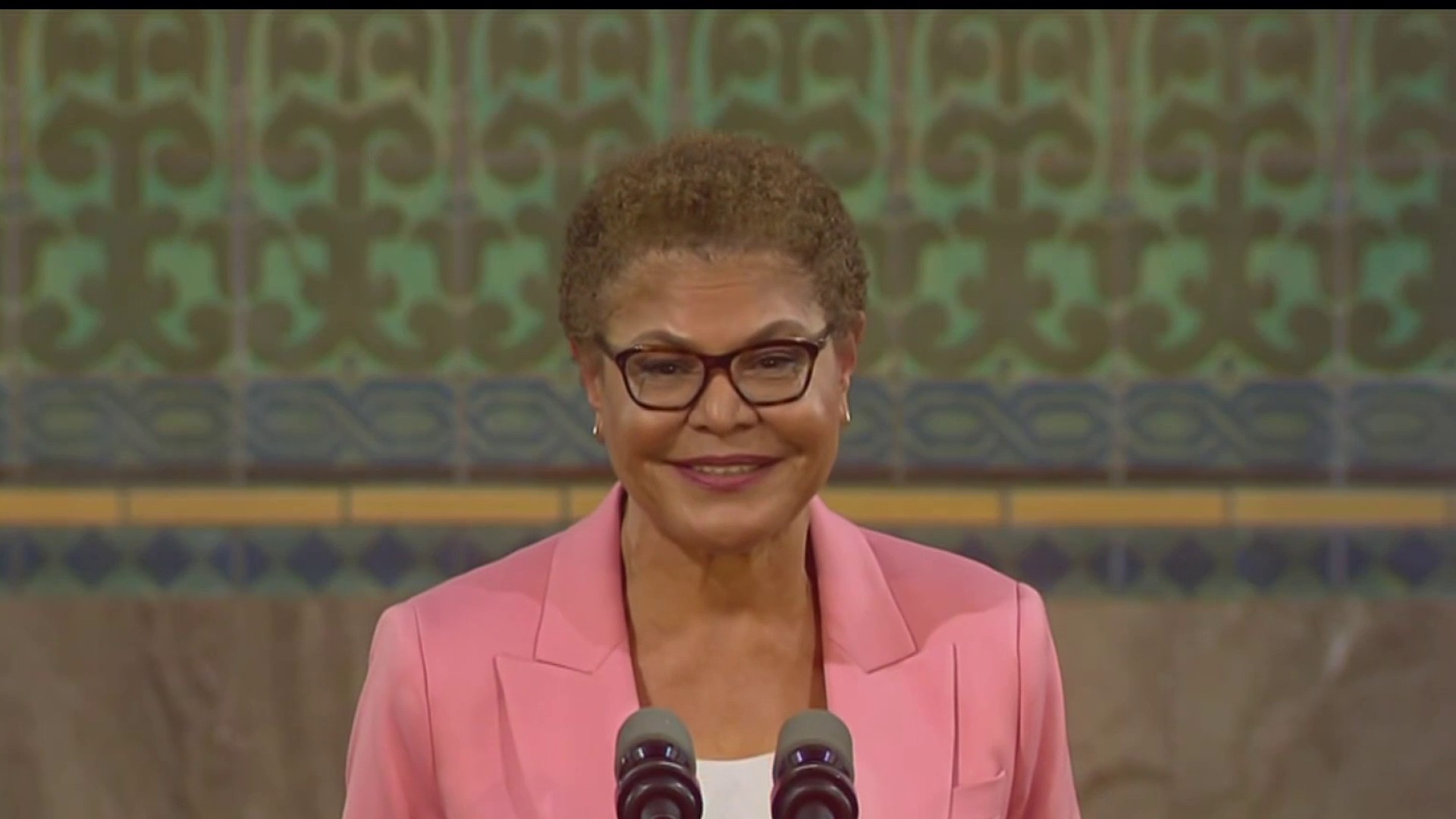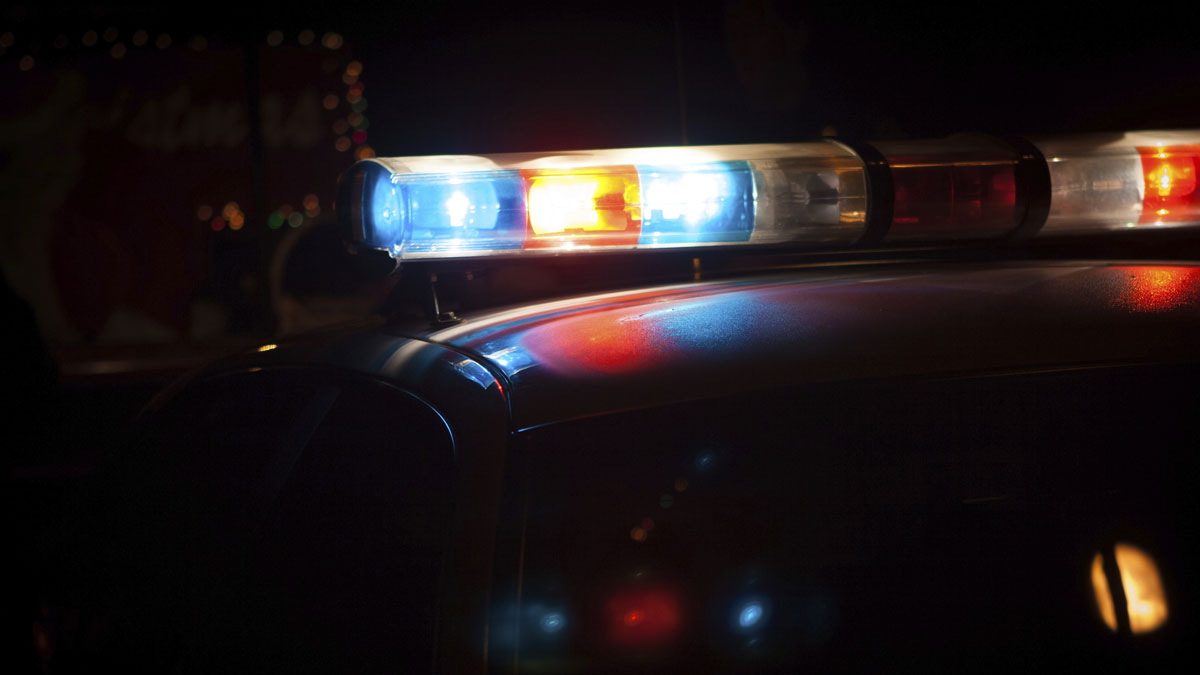Just months after adding 100 electric cars for non-emergency duty, the Los Angeles Police Department plans to test a Tesla sedan as a patrol car, a department official said Friday.
The large battery capacity of the Tesla sedan, affording it both high performance and longer range, sets it apart from the smaller electric cars on the market. However, the cost of the batteries puts the Tesla in the realm of luxury cars.
Both Los Angeles Mayor Eric Garcetti and LAPD Chief Charlie Beck have pledged themselves to a goal of reducing reliance on fossil fuels by expanding use of electric vehicles, which also offer potential savings in operational expenses.
The deployment of the fleet of BMW i3 electrics has gone well, said Vartan Yegiyan, who oversees LAPD's vehicles as assistant commander of the Administrative Services Bureau.
The unmarked i3 cars are intended for administrative travel, but in many cases are driven by sworn officers to crime scenes or in the course of investigations.
The total cost of operating the cars is projected to be 15 percent less than the traditional vehicles they replaced, Yegiyan said.
Assigned an electric car for his work in the officer representation section, Sgt. Mark Kelly praised the i3 as better suited than the traditional car it replaced.
News
Top news of the day
But patrol duty places far greater demands on a vehicle, including faster acceleration and longer range than the i3 can provide.
The Tesla Model S is larger both in size and battery capacity.
Capable of accelerating from 0-60 mph in as little as 2.5 seconds, and with a range of up to 300 miles or more, the Tesla's numbers--apart from price--make it a candidate for patrol work.
Earlier this year, Tesla loaned LAPD two Model S sedans. One was painted in LAPD black and white livery and has appeared at numerous community events as the police car of the future.
However, despite its appearance, the car has never been retrofitted with the police equipment needed for patrol duty.
An agreement is in the works with Tesla to equip the second Tesla, all black and as yet unmarked, in LAPD's garage.
"They will have an active role equipping this vehicle," Yegiyan said.
Once fitted with radios, a computer, custody cage, locking shotgun rack, and other equipment, the Tesla will be put to the test in the field by an on-duty patrol sergeant, who will be driving to emergencies and possibly even taking part in pursuits, according to Yegiyan.
But regardless of how well the Tesla handles the rigors of police duty, there is one big obstacle to its future as a patrol car: its six figure price tag, far above the thirty thousand dollar range for the traditional police vehicles built by Ford, Chevrolet, and Dodge, and far higher even than the $40,000-plus BMW i3.
LAPD is not alone in expecting the cost of electrics to come down as battery technology improves. When it gets to an affordable price range, Yegiyan wants LAPD to be ready, both with charging infrastructure, and with the testing experience to reduce uncertainties.
The department projects five years before it begins replacing traditional patrol cars with electrics. The next big step is the testing expected to put a Tesla on duty as soon as next year.
LAPD indicated willingness to share what it learns with other police agencies.
From a business standpoint, law enforcement contracts represent a multi-billion dollar opportunity for electric car makers with vehicles that can meet the standards.
Tesla did not respond to a request for comment on the LAPD testing.



